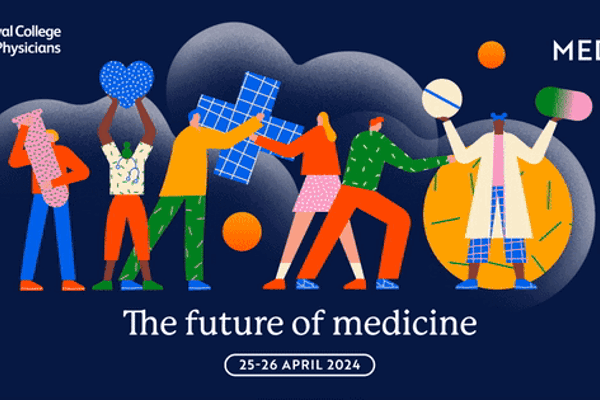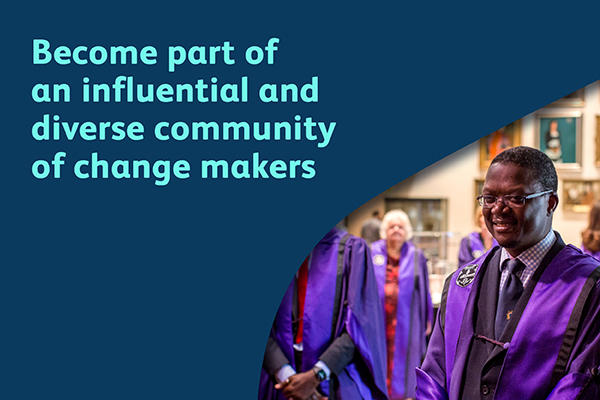For South Asian Heritage Month, this This Doctor Can blog post focuses on the life and career of Dr Ananthakrishnan Raghuram FRCP.
I entered medical school in Chennai in southern India. My parents were a source of great inspiration. My mum was not only the first female graduate in the family but also the first female doctor, and her work ethic was incredible; 12–13-hour days were the norm.
Medicine is brilliant. I did my undergraduate degree and a postgraduate medical degree in general medicine before coming to the UK. I passed the Professional and Linguistic Assessments Board (PLAB) test and then faced the challenge of getting shortlisted without prior UK experience.
Having only just moved to the UK, I had an interesting time getting used to the weather and the accents, and I had to take a crash course in cooking!
My first day as a senior house officer in south Wales was interesting to say the least. I got off the train (I did not have a car then) and an absolute stranger took one look at me, smiled and said, ‘the hospital is down that road, doc!’. It turned out that if you looked Asian and slightly lost, you were bound to be a hospital doctor there!
Having only just moved to the UK, I had an interesting time getting used to the weather and the accents, and I had to take a crash course in cooking! I’d invite friends round just to experiment in the kitchen. Wales was a great place to start working in the UK, and I worked with some fabulous consultants and colleagues. The nurses were very helpful as I navigated a new healthcare system.
After completing my registrar training, my first consultant job was in Birmingham. There was so much support from my senior colleagues, and they were a great source of clinical and non-clinical advice. However, soon disaster struck: my dad, who had received a valve replacement 5 years previously, was dying. He had a hitherto undiagnosed bicuspid aortic valve. How many of us routinely auscultate our parents’ hearts?
I rushed home and found him deteriorating after yet another admission to critical care. I was faced with getting him home and trying to keep him comfortable while grappling with the emotions of losing a loved parent. Chatting about that year later at a Schwartz round, I realised how important the concept of a ‘good death’ is and how to try and get the management of end-of-life care right.
The emotional turmoil was intense and there was blessed relief in work. I ended up doing more and more as the months passed. The pressure of work and the varied responsibilities focused the mind and helped me tide over that difficult period. Taking on educational roles made me find my niche. I had always enjoyed teaching and had managed teaching programmes as an associate college tutor in my registrar years. I became an RCP college tutor in 2015 and supported trainees through the troubles of the Medical Training Application Service (MTAS) in 2007.
I then moved to Cheltenham, as my wife became a consultant in Gloucestershire. This meant uprooting and starting again with a young family, but with support from colleagues, I settled in easily. I was soon elected as the RCP regional adviser and became joint programme director for core medical training (CMT). In 2015, I took over as head of school, and after a spell as RCP censor, was appointed as Linacre fellow in 2016.
Juggling clinical work, educational roles and caring for children takes its toll and having breaks and quality time and holidays is critical. Working in the NHS is a privilege and I have cherished my time in the RCP.
A few things I have learnt along the way:
- The trick to spinning plates is to keep the momentum going at the right pace. Take each day as it comes and utilise opportunities as they arise.
- Pressure is a privilege and it has to be earned – being ever so slightly uncomfortable at the end of one’s comfort zone ensures boundaries are pushed as one aims for excellence.
- It is OK to say no and make time for yourself.
- Help is always available to those who ask for it and having trusted friends and mentors is invaluable.
Would you like to share your experience of going into medicine? Get in touch on Twitter via @thisdoctorcan.





